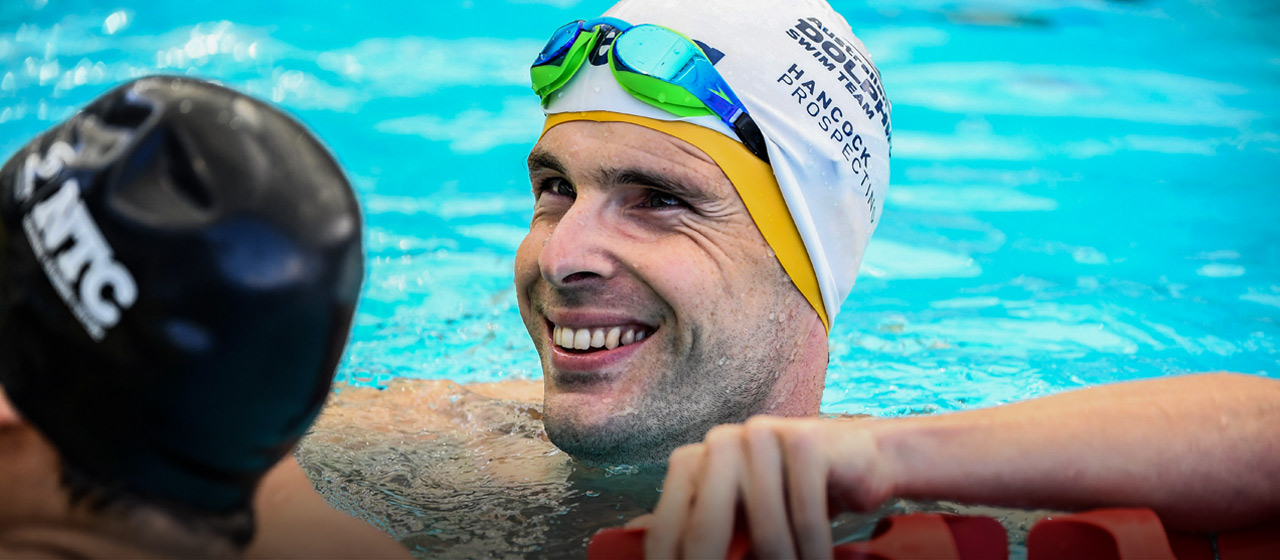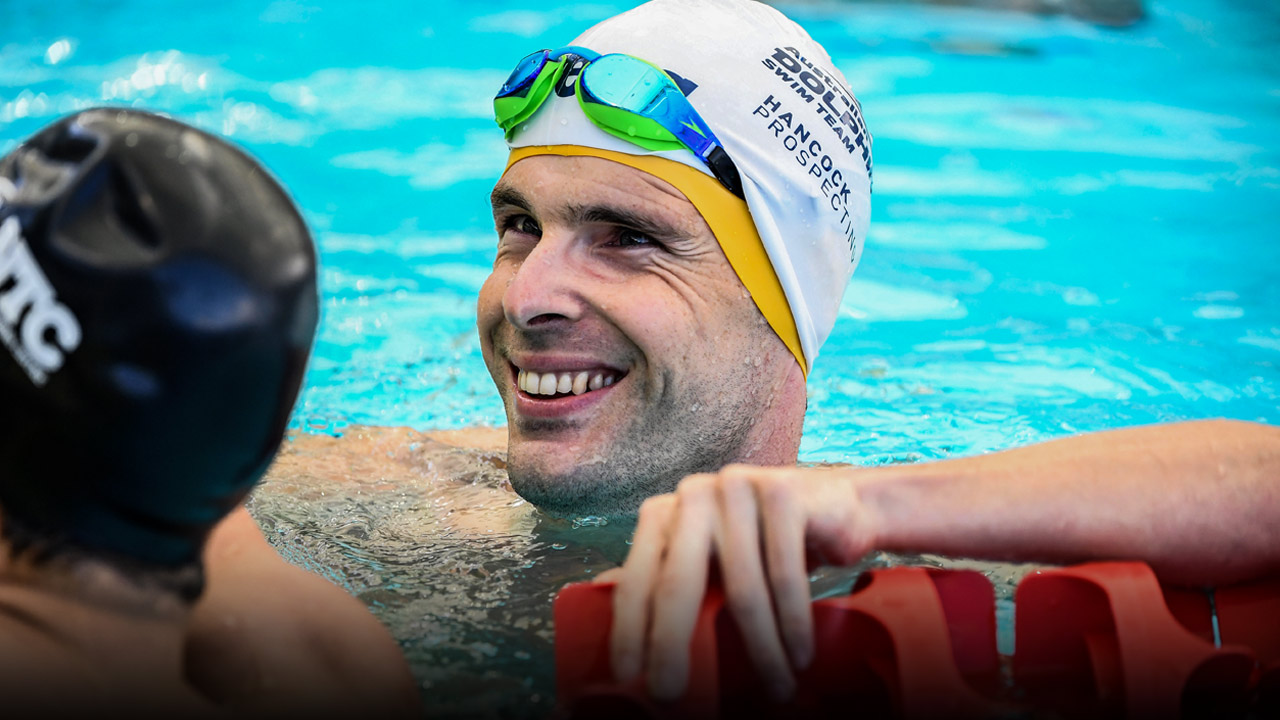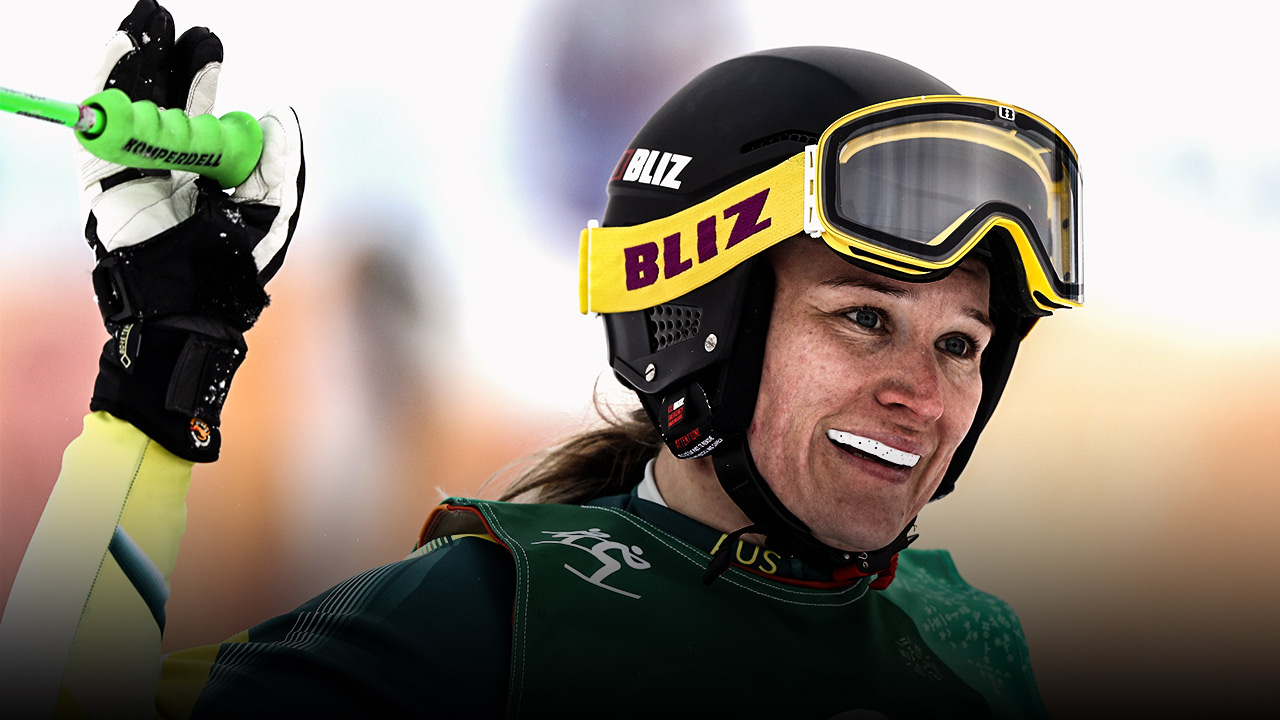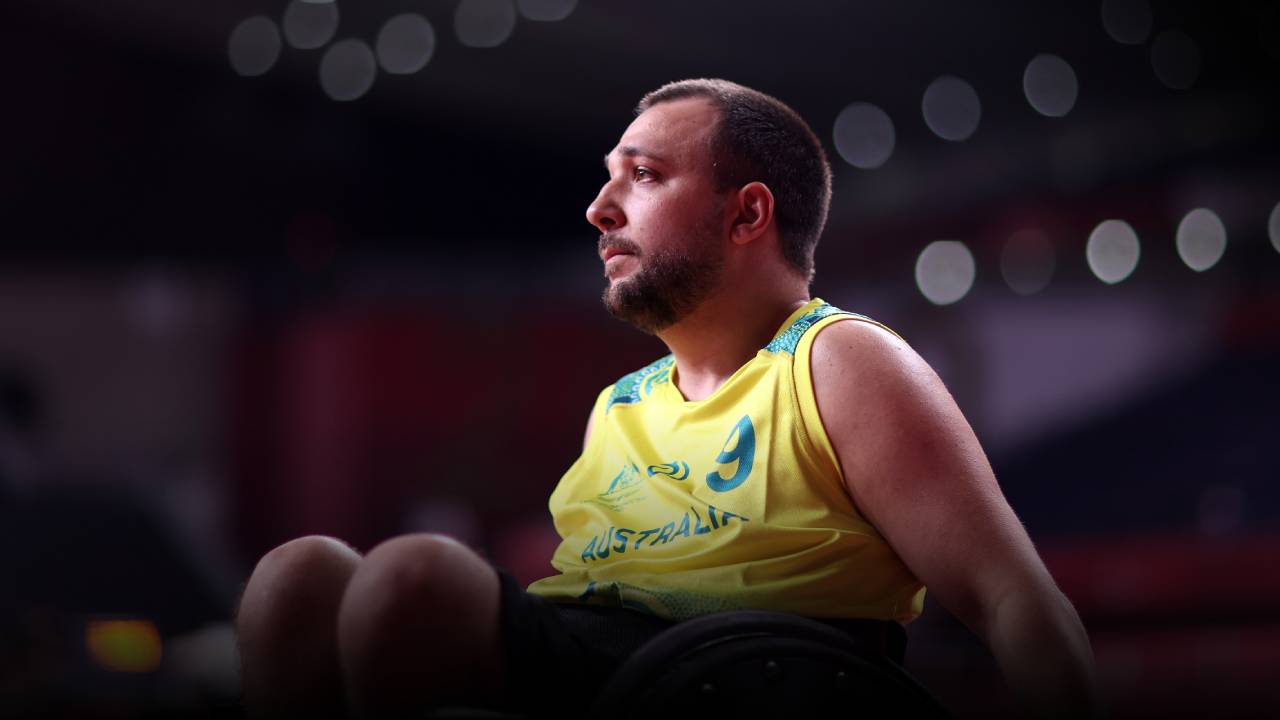Para Sports
‘I’m glad I didn’t listen’
When I was young, doctors told me I’d never walk. They told me I’d never talk properly. They told me I’d never hear without hearing aids.
There were a lot of things I was told I’d never do. I’m glad I didn’t listen.
I was born 25 weeks premature, with cerebral palsy and a vision impairment. The only people who didn’t place limitations on me were my parents. They instilled in me the belief that I could achieve anything I set my mind to.
I’ve had more than 50 surgeries on my brain, heart, lungs, ears and body. Those treatments and rehab made for some tough times, but my parents never stopped believing in me. They helped me discover that the only real limitations in life are the ones that you are willing to accept.
Slowly things improved, and by the time I was six or seven I was able to walk properly. It was a life-changing achievement.
Then in 2000, when I was 13, Sydney hosted the Paralympics. I remember watching the blind runners on the athletics track and being completely in awe of them. I saw other athletes with worse disabilities than mine and was inspired by their incredible performances as well.
In the 19 years since then, I’ve learned how to swim and become a four-time Paralympian, training hard to compete at my fifth Games in Tokyo next year.
That’s the great thing about para-sports; they give people with disabilities the opportunity to challenge the limitations that have been placed on them.

The conversation we need to have
Today is International Day of People with Disability and I hope people use it as an opportunity to start a conversation about what it really means to have a disability.
Some people think today is about awareness, but I don’t think that’s enough. What’s needed is a cultural shift in the way we treat people who have disabilities. In our society, we need to be more aware that just because someone might look or behave differently, that’s no reason to assume they are any less capable.
I might do some things differently to other people, and it might take me longer, but I will always get it done in the end.
But when I’m telling someone about my disability, often people will say “sorry” and I’ll sense that they pity me. That’s not a mean response at all, but it’s also not the response I’m looking for because that person has already assumed that I am less of a person.
Instead, I wish they’d use it as an opportunity to learn about what I’m dealing with and ask how they can help. Those types of conversations will help make our society a more inclusive place.
For breaking down barriers, I find that the practical questions are best. ‘Are you okay?’ or ‘Do you need any help?’ are good starting points.
I understand why some people might be nervous about that, but if you ask, the worst that might happen is you’re told by someone that they don’t need help. But if you don’t ask, you’ll never know.
It’s about starting a conversation and seeing where it goes from there.

I shouldn’t have been nervous
Since I first entered the workforce 11 years ago, my biggest challenge has been eliminating self-doubt and finding the belief that I can add value in a business.
I gained a lot of confidence from my first job, at a disability organisation called House With No Steps where I worked in reception, but leaving that behind to enter the corporate world was a massive challenge.
My first day at Westpac was nine years ago now, but I still remember how tough it was. I walked into a new environment unsure if I was up to the job and feeling very nervous about how I would be received.
When I met my colleagues for the first time, I was upfront with them about what my needs were. That was important because a lot of them had never worked alongside a person with a disability before. I knew it would require some adjustments from them, which might be difficult.
I can only see three metres in front of me, which presents some obvious challenges when it comes to communication. I’ve also got no peripheral vision, which has a massive impact on my balance and coordination. Having a neurological condition, in the form of cerebral palsy, is a significant challenge as well.
I was nervous about how it would work out, but I shouldn’t have been. Everyone was really nice to me and my managers trusted in me, which helped me believe that I was up to the task.

I’ve learned a lot about myself since I started at Westpac, and it’s been a real learning experience for my colleagues as well. They’ve come on this journey with me and found that I’m capable of so much more than what they originally believed.
I hope that what I’m achieving at work and in sport inspires other people too.
If I make it to Tokyo next year, I have no doubt that there will be young boys and girls watching who might be wondering if they can ever overcome the limitations that have been placed on them, due to disability.
I hope I get one more opportunity to show those kids that when someone says you’ll never be able to do something, you don’t have to listen.
More about: AIS | Disability | Para Sport | Paralympics | Swimming | Tokyo 2020






 Load More
Load More